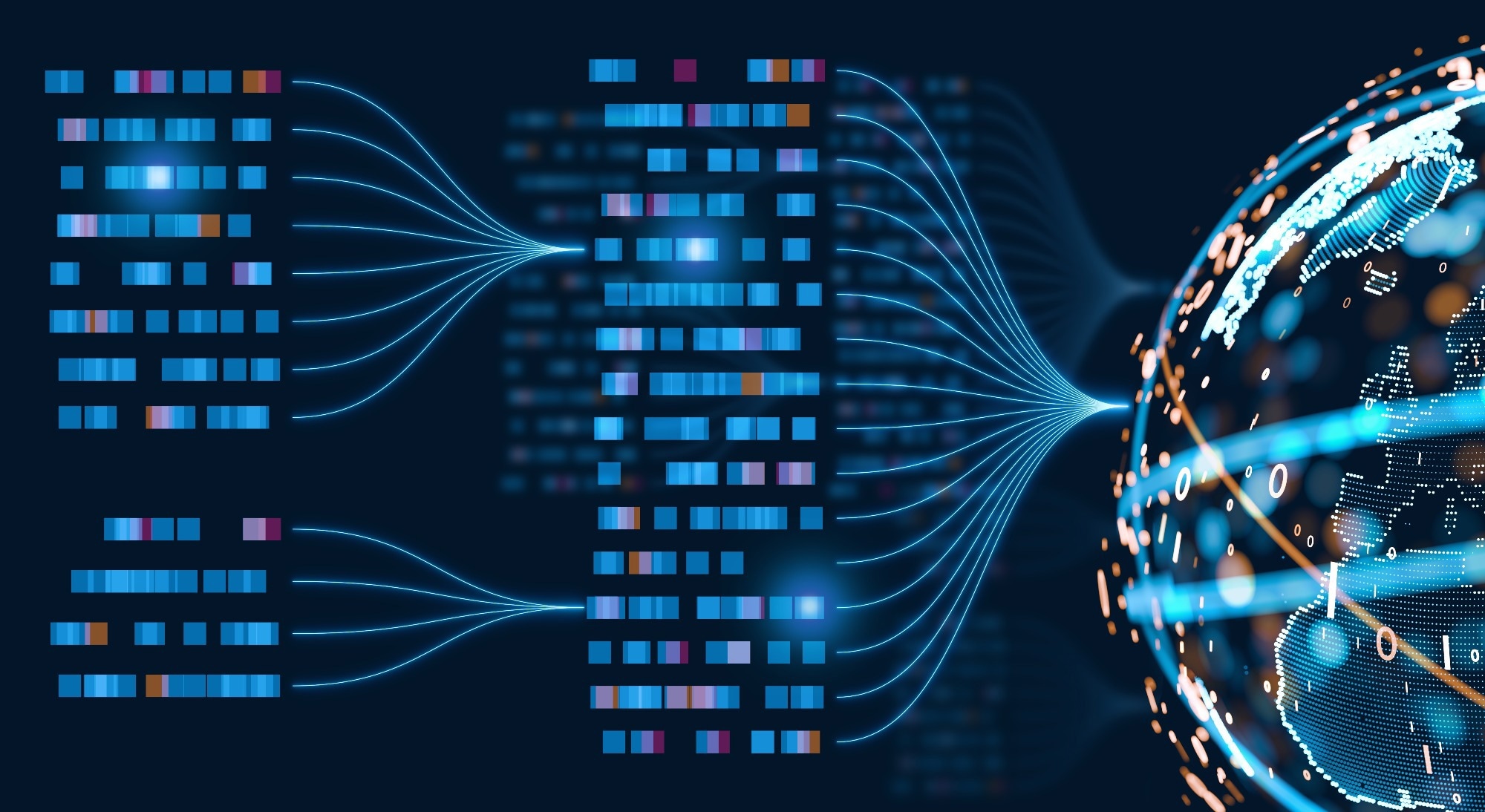Breaking from logic-bound predecessors, LLMs are reshaping the foundations of AI with human-like cognition, deep reasoning, and adaptive intelligence that could transform decision-making in complex real-world environments.

Research: Large language models: Technology, intelligence, and thought. Image Credit: NicoElNino / Shutterstock
With the continuous maturation of deep learning technologies, the accumulation of large-scale data resources, and the exponential growth of computational performance, the field of Artificial Intelligence (AI) has gradually entered the "new frontier" of cognitive intelligence after nearly seven decades of development. Since 2023, large language models (LLMs)-driven general intelligence has become the focus of global AI research, showing significant differences from previous specialized intelligence systems. However, there is still a lack of in-depth and systematic exploration of the technical characteristics, intelligence features, and thinking patterns of LLMs, and the reliability issues of LLMs also restrict their application in various scenarios.
The Research
Therefore, Zhidong CAO, Xiangyu ZHANG, and Daniel Dajun ZENG from the State Key Laboratory of Multimodal Artificial Intelligence Systems, Institute of Automation, Chinese Academy of Sciences, and the School of Artificial Intelligence, University of Chinese Academy of Sciences have jointly conducted research entitled "Large Language Models: Technology, Intelligence, and Thought". This work was supported by the National Natural Science Foundation of China (Grant Nos. 72025404 and 72293575).
Findings and Implications
This study comprehensively explores the technical characteristics, intelligence features, and thinking patterns of LLMs, clarifying their position and role in the field of general intelligence through comparative analysis with traditional models. The research results show that LLMs are a new type of technological species in the field of general intelligence. Their problem-solving method is based on empirical learning from observed data rather than "first principles" (logocentrism).
Technologically, LLMs have common sense, deep reasoning, strong generalization, and natural human-computer interaction capabilities. In terms of intelligence, they show memory-driven core characteristics, powerful data-driven learning capabilities, and excellent generalization abilities.
In terms of thought, LLMs exhibit highly human-like cognitive traits, including contextual understanding, analogy, and intuitive reasoning. These capabilities enable LLMs to adapt to a variety of complex and open scenarios, which is in sharp contrast to traditional models that focus on formal logic, quantitative analysis, and narrow problem structures.
The emergence of LLMs is expected to bring about significant changes in AI theory and applications, potentially redefining how intelligent systems make decisions, engage in strategic reasoning, and comprehend context in uncertain and dynamic environments.
Source:
Journal reference: